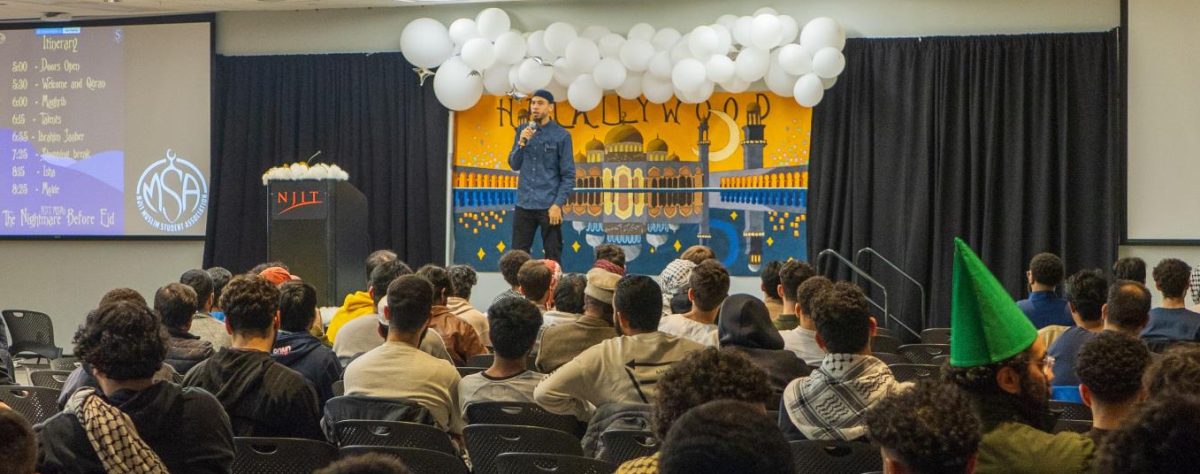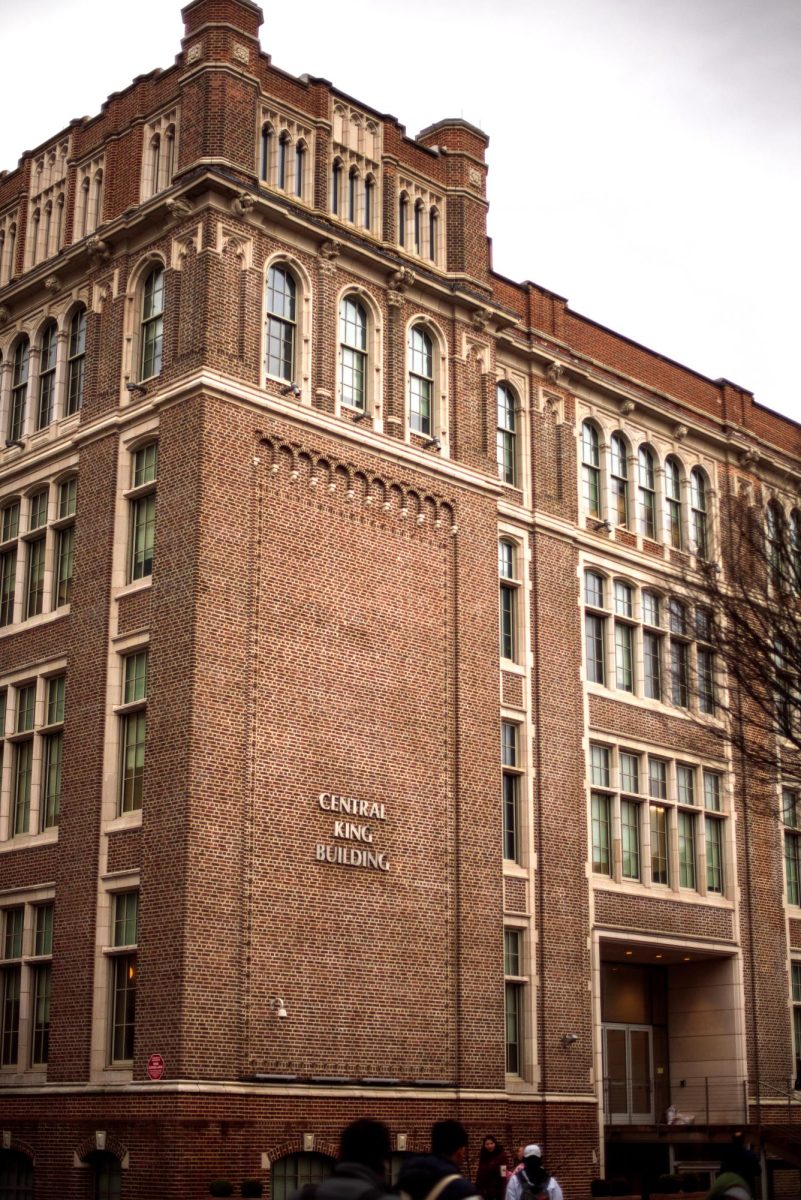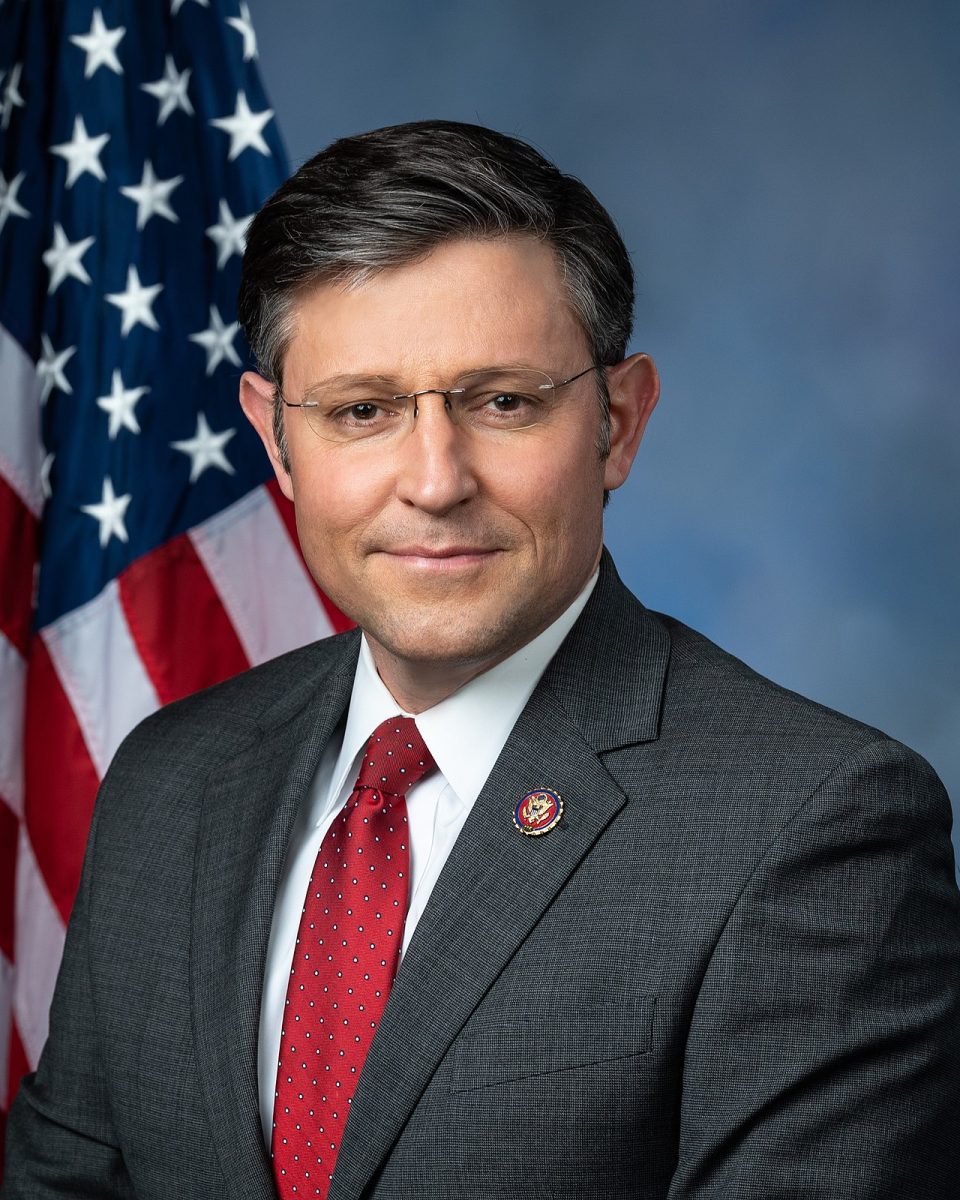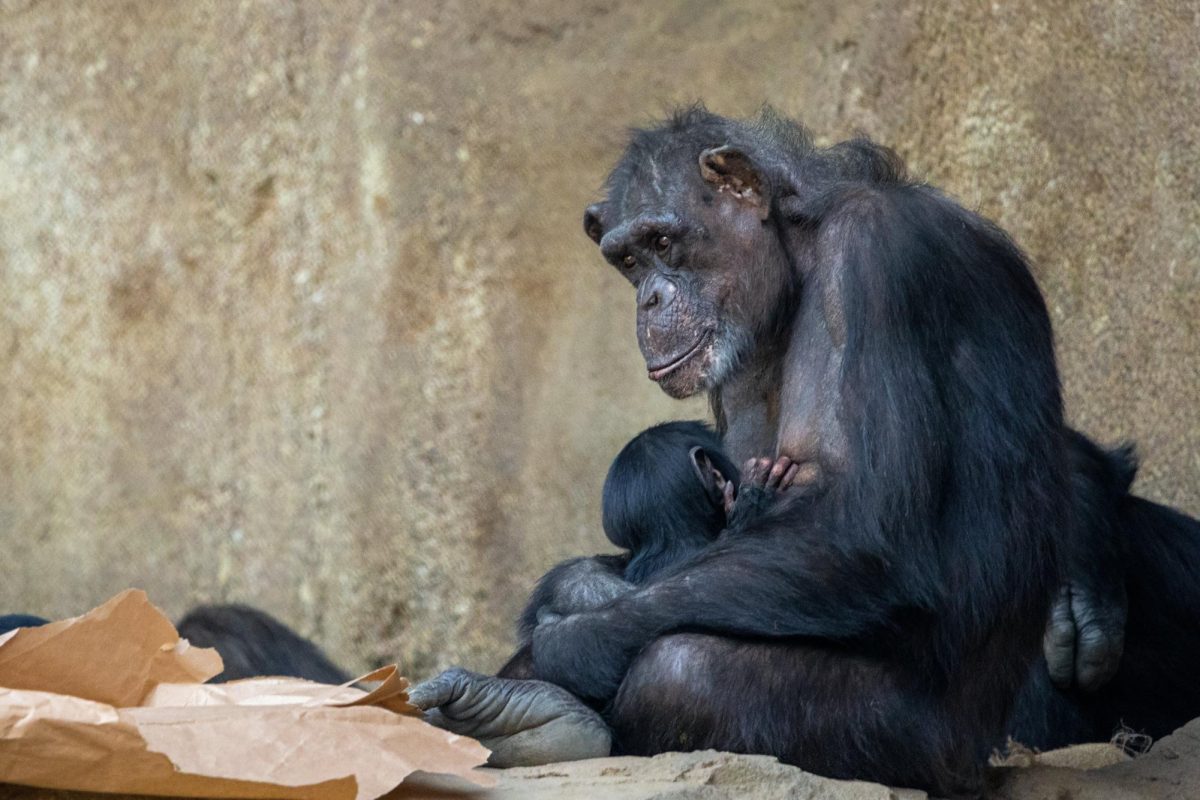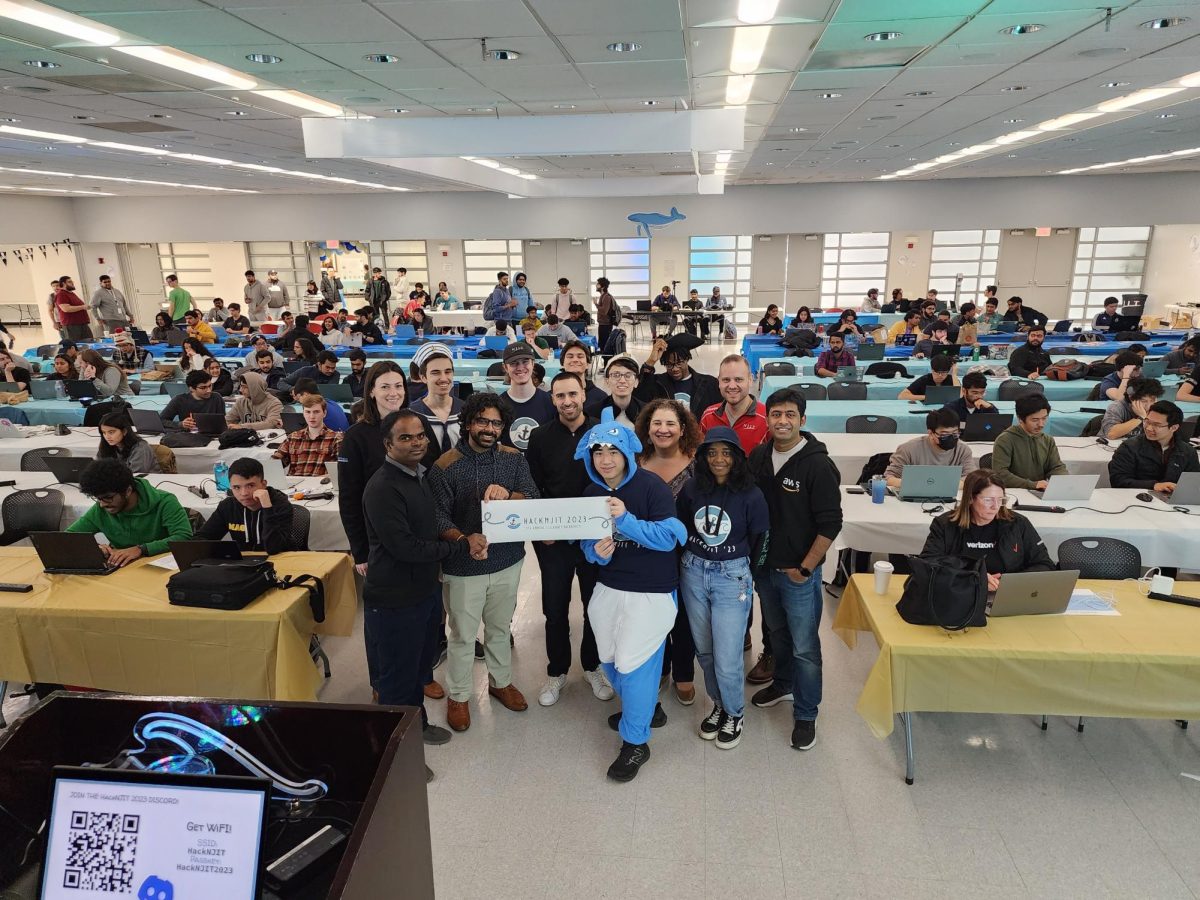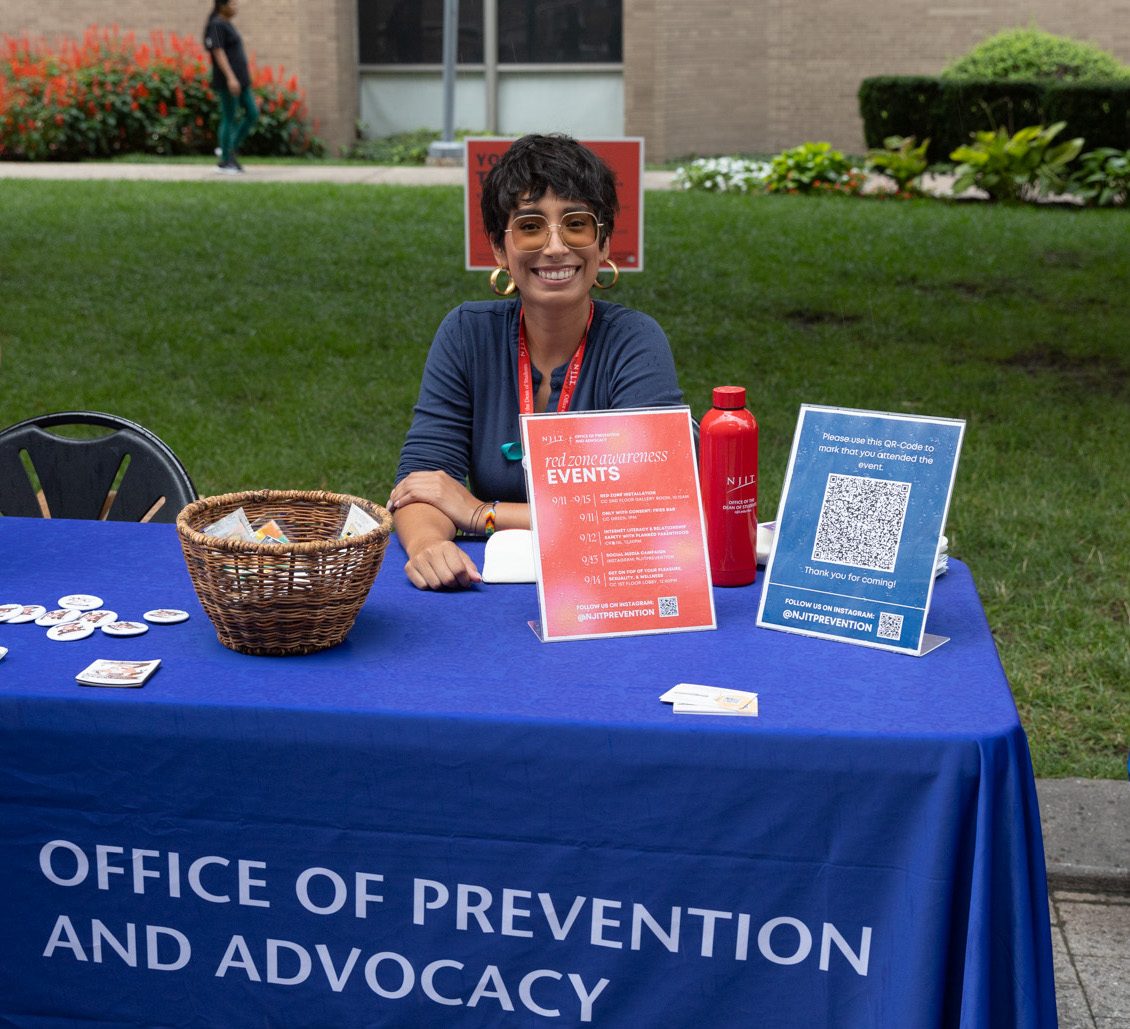Thousands of LED-strobed drums arranged in a formation at the National Stadium in Beijing, China commenced the countdown of the 2022 Winter Olympic games. The games lasted just over two weeks starting on Feb. 4 and closing on Feb. 20. However, the Winter Olympics, usually the center of human achievement and the unity of world nations, is overshadowed by the boycotts of Western countries like the United States, United Kingdom and Belgium. The United States was the first to announce the boycott back on Dec. 6, 2021 and the U.K. quickly followed. Two months later, up to nine western countries refused to send government officials to Beijing.
Boycotting mega-sports events is anything but new. Olympic-held boycotts occurred six times in history. In 1980, in perhaps one of the most infamous boycott-held events in Olympic history, more than 60 countries (and their athletes) sat out in the Summer Olympics held in Moscow, Russia. At the time, the still intact Soviet Union was engaged in the invasion of Afghanistan.
Chinese government officials stated that the U.S. “will pay a price” when the boycotts were announced last year but later proclaimed that the boycott “has no impact whatsoever on the Olympics to be successfully held.”
The boycotts come from human rights abuse allegations toward the Chinese government against the Uyghur Muslim population in Xinjiang. Human rights organizations Amnesty International and Human Rights Watch published reports in 2021 that included testimonies of former Uyghur detainees as well as leaked official documents detailing the camps operations, including when the detained could use the bathroom, how often their allowed family visits, how to prevent escapes from camps and how to achieve secrecy of the camps’ operations.
Xinjiang’s proximity to Central Asia and European nations and the city’s production of 20% of the world’s cotton makes it of great economic interest to China. Xinjiang is an autonomous region meaning they are self-governed. However, there are restrictions still imposed by China and in the 1950’s the Han (the Chinese ethnic majority) started migrating to the city in an attempt to dilute the already established Uyghur Muslim area.
Human Rights Watch stated in 2017 that “arrests in Xinjiang accounted for nearly 21 percent of all arrests in China, despite people in Xinjiang making up only 1.5 percent of the total population.” A recent poll asked Americans what they thought about Washington’s decision to boycott the Olympics and found that 57% supported Washington’s decision while 18% disapproved. Additionally, 40% believed that America should have pulled the athletes with an opposing 18%. However, the question whether these boycotts actually move the needle when it comes to actual change arises. If we look back in history, we see that very little if any change occurs.
For example, the largest boycott in history, the 1980 Olympic Summer Games, didn’t help end the war on Afghanistan. The war lasted for ten years ending in February 1989. In fact, Sarah Hirshland, the CEO of the United States Olympic and Paralympic Committee, wrote an open letter in 2020 apologizing to the athletes who were supposed to compete that year. “It’s abundantly clear in hindsight that the decision to not send a team to Moscow had no impact on the global politics of the era and instead only harmed you,” she wrote.
Soft power is an exercise where “‘intangible power resources such as culture, ideology, and institutions’ [become] more important in inter-state relations.” This type of power has been prevalent in mega-sports events since the Cold War and it is most likely not going anywhere. American athletes were allowed to compete this time around and the refusal of government officials to attend the Olympic games may seem as if it does not change anything, but it represents a different type of power move that may have implications in the future.
























